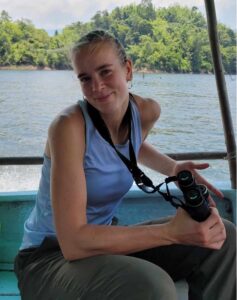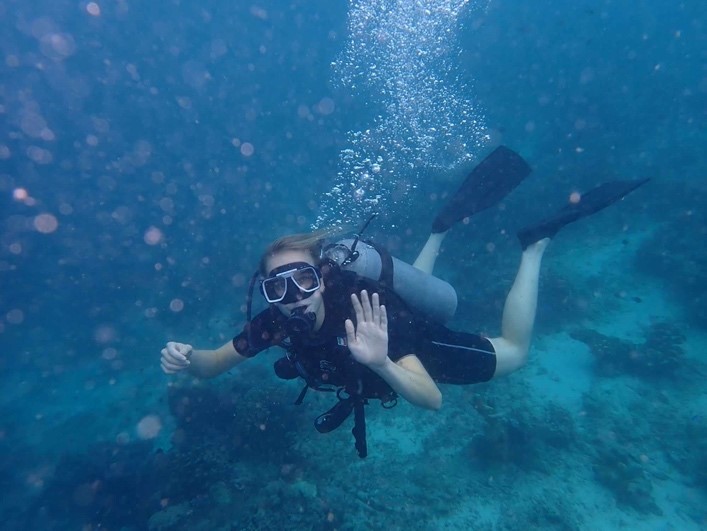University of Oxford
11a Mansfield Rd
OX1 3SZ
UK

Stefania Asta Karsldottir
Background
Growing up by the coast in Iceland where I spent much of my time exploring the nearby beaches in search for marine “treasures”, my interest in the ocean, and nature more generally, is very long-standing. Taking part in a reforestation project with my family as I grew older then sparked an interest in conservation, and I became determined to make a difference for nature in my future career. Gradually I realised that I wanted to do so through interdisciplinary research aiming to address biodiversity loss by developing solutions that deliver beneficial outcomes for both marine biodiversity and coastal communities.
Research Interests

I’m interested in combining approaches from ecology and social sciences to address biodiversity declines and inform policy development, particularly for marine habitats.
Current Research
In my current role, I lead the pilot of the NATURE Impacts initiative, a collaboration with WWF to track and prioritise country-level actions for nature recovery.
Brief CV
Employment/experience:
- Research Assistant – The University of Oxford (2024-2025)
- Consultant – The Nature Conservancy (2024)
- Intern – Marine Stewardship Council (2024)
- Research Assistant – Marine and Freshwater Institute of Iceland (2022)
- Research Assistant – University of Oxford’s Bee Lab (2021)
- Volunteer – Mt. Hekla Reforestation Project, Iceland (2009-2023)
- Volunteer – Merazonia, Ecuador (2020)
- Glacier Guide – Into the Glacier, Iceland (2019-2020)
Other experience:
- Dive Master (2024)
- President of Oxford Deep Blue (the Marine Biology & Conservation Society) (2023-2024)
- Events Officer of Oxford University’s Vegetarian and Vegan Society (2021-2022)
